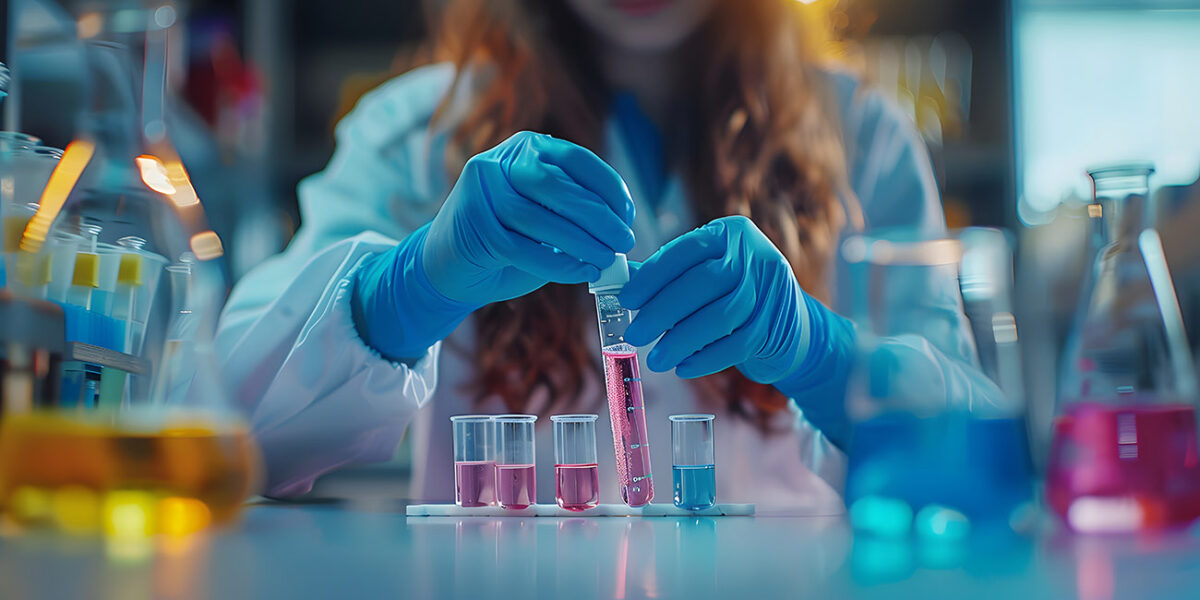Vaporizing Plastics -Turning Waste into Olefins

The University of California, Berkeley, developed a new catalytic chemical process that has the potential to revolutionize plastic recycling by converting waste polyethylene (PE) and polypropylene (PP) into valuable monomers.
The Need for Efficient Waste Plastics Recycling
Polyethylene and polypropylene are the dominant plastics in the global waste stream. Despite their wide usage, from single-use plastic bags to durable microwavable containers, current recycling methods for these materials are inefficient. They often produce large amounts of greenhouse gases or rely on expensive, single-use catalysts. The selective conversion of PE and PP into high-demand products is critical to reducing plastic waste and its environmental impact. However, most current methods suffer from low selectivity and high energy costs.
You can also read: Plastic Films: Solvent-Recycling Solutions
A Game-Changing Catalytic Process
The breakthrough process involves using a simple catalytic combination of tungsten oxide on silica and sodium on gamma-alumina. This combination efficiently transforms PE, PP, or a mixture of the two, including post-consumer forms, into propylene or a mixture of propylene and isobutylene. Remarkably, this reaction achieves a yield of over 90% at 320°C without needing to dehydrogenate the polyolefins first.
This method is not only energy-efficient but also eliminates the need for costly noble-metal homogeneous catalysts. This new approach represents a significant advancement in creating a sustainable and environmentally friendly recycling pathway for polyolefins.
Circular Economy Potential for Polyolefins
Scaling up this process could establish a circular economy for disposable plastics by converting waste into monomers for new plastics. This transformation would reduce dependence on fossil fuels while significantly lowering the environmental impact of plastic waste. While PET bottle recycling has been effective for years, most plastic waste consists of polyolefins like PE and PP, which have been much harder to recycle efficiently. By addressing this, the new process offers a breakthrough solution for polyolefin waste management.
The Road Ahead
John Hartwig, a chemistry professor at UC Berkeley, believes this process brings polyolefins significantly closer to true circularity. Together with graduate student RJ Conk and chemical engineer Alexis Bell, they aim to scale the technology for industrial use. By scaling up, they hope to create an efficient recycling loop for everyday plastics like polyethylene and polypropylene. They believe this method can revolutionize polyolefin recycling, similar to how PET recycling has closed the loop for polyester plastics.
This breakthrough could transform plastic waste management on a large scale. The process marks a key step toward building a more sustainable, circular economy for plastics. As a result, it offers a promising solution to reduce plastic pollution and dependence on fossil fuels.
To read the article click here
